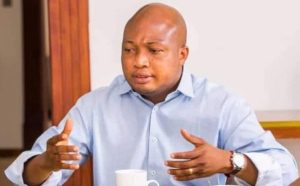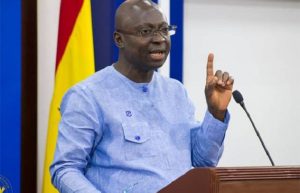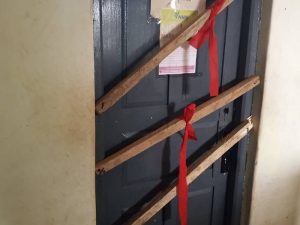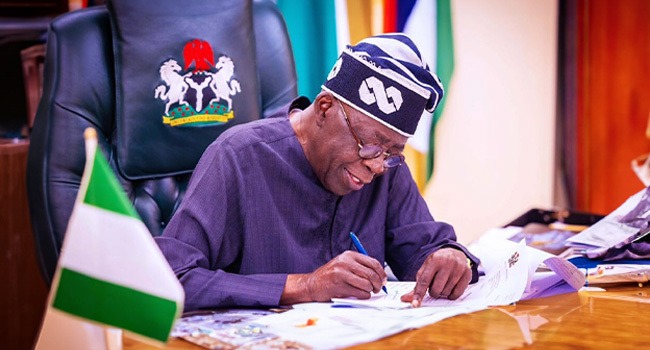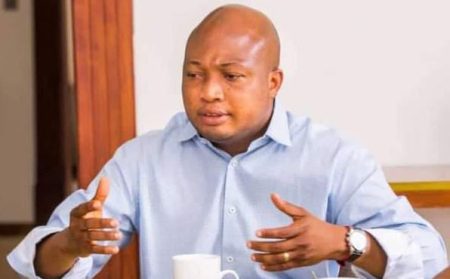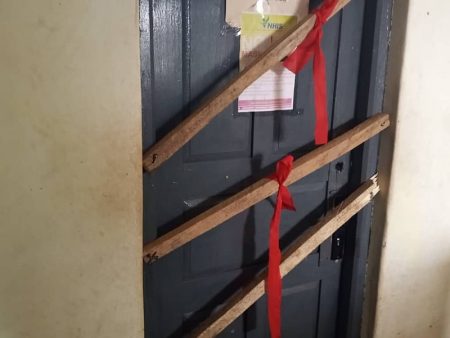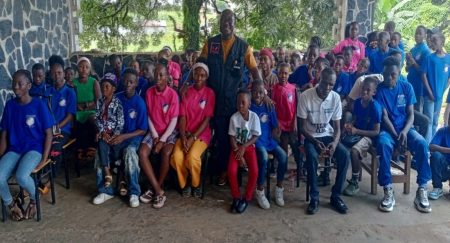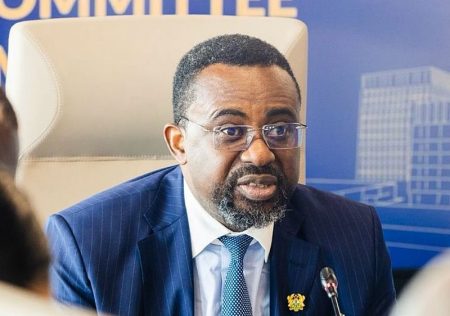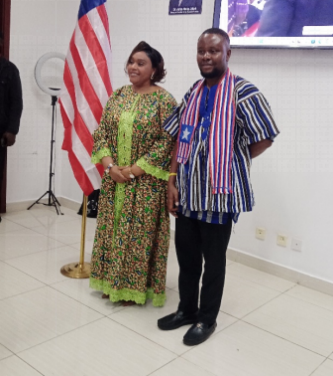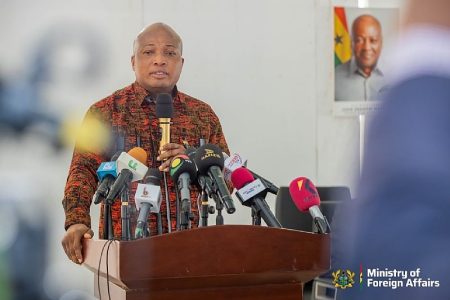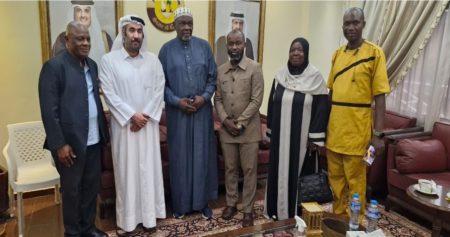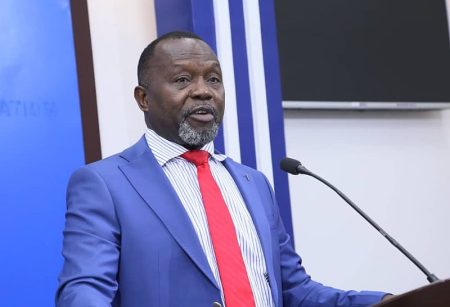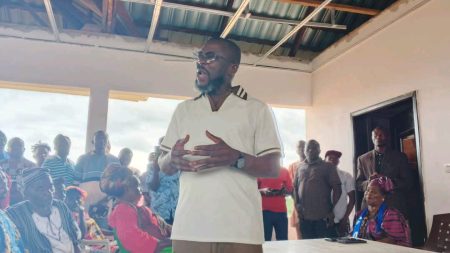Paragraph 1: Tinubu’s Re-election Bid Sparks Division Among Northern Lawmakers
President Bola Tinubu’s ambition for a second term in office has ignited a rift among former federal lawmakers from northern Nigeria. The controversy stems from an endorsement by the Northern Caucus Forum of the 9th National Assembly, which declared its support for Tinubu’s re-election in 2027. This endorsement, facilitated by Tinubu’s Chief of Staff, Femi Gbajabiamila, has been met with both applause and vehement opposition, exposing the deep-seated political divisions within the region. The caucus, touting Tinubu as a national leader committed to equitable development, praised his performance and emphasized the importance of political stability through continuity. This endorsement is part of a broader nationwide campaign by the forum to garner support for Tinubu’s second term.
Paragraph 2: Gbajabiamila Champions Tinubu’s Leadership and Vision
Gbajabiamila, a former Speaker of the House of Representatives, played a pivotal role in securing the Northern Caucus’s endorsement. He urged the forum to unite behind Tinubu’s administration and his 2027 ambition, portraying Tinubu as the ideal leader to guide Nigeria towards peace and prosperity. Gbajabiamila highlighted Tinubu’s inclusive leadership, arguing that his policies and infrastructure projects have benefited all regions, including the North. He emphasized that Tinubu’s leadership transcended regional boundaries, describing him as a national figure committed to shared prosperity. This endorsement, presented as a demonstration of national unity, has nonetheless fueled further dissent among other northern political figures.
Paragraph 3: A Chorus of Support and Accusations of Political Theatre
The Northern Caucus, led by Rufai Chanchangi, formally expressed their support for Tinubu’s re-election through a communiqué, highlighting their belief in equity, fairness, and political stability. They argued that allowing the South to complete its turn in the power rotation served the best interests of both the North and Nigeria as a whole. This endorsement received further backing from Nnanna Igbokwe, Chairman of the National Forum of Former Legislators, who praised the caucus’s decision as a patriotic display of statesmanship. However, this show of unity was quickly challenged by a separate group of former northern lawmakers who denounced the endorsement as a politically motivated charade, accusing the endorsing group of being co-opted by Tinubu’s administration.
Paragraph 4: Dissenting Voices: Allegations of Manipulation and Regional Neglect
The opposing group, identifying themselves as Concerned Former Members of the House of Representatives, Northern Nigeria, rejected the endorsement and the legitimacy of Chanchangi’s leadership. They argued that the meeting was orchestrated by Gbajabiamila to create a false impression of northern support for Tinubu. They accused the endorsing group of prioritizing personal gain over the needs of the North, alleging that the region was suffering from increased poverty, insecurity, and neglect under Tinubu’s leadership. They cited states like Zamfara, Kaduna, Katsina, Borno, and Benue as evidence of the ongoing violence and hardship plaguing the region, directly contradicting the narrative presented by the pro-Tinubu caucus.
Paragraph 5: A Region Divided: Assessing Tinubu’s Performance and Accusations of Marginalization
The division among northern lawmakers mirrors a broader split within the region regarding Tinubu’s performance. A recent meeting in Kaduna to assess Tinubu’s administration further highlighted these contrasting perspectives. While some participants praised Tinubu’s developmental initiatives and appointments in the North, others expressed concerns about perceived marginalization, escalating insecurity, and economic exclusion. Figures like former governors Rabiu Kwankwaso and Sule Lamido have openly criticized Tinubu’s administration, accusing him of favoring the South. These accusations have been vehemently denied by the Presidency, but they underscore the deep-seated anxieties and grievances that have fueled the opposition to Tinubu’s re-election bid.
Paragraph 6: The Political Landscape and the Stakes of the 2027 Election
The split within the northern political elite adds another layer of complexity to the upcoming 2027 election. The formation of a new opposition coalition, the African Democratic Congress, further complicates the political landscape. This coalition, comprised of prominent northern figures like Atiku Abubakar, Babachir Lawal, and Nasir El-Rufai, poses a significant challenge to Tinubu’s re-election prospects. The contrasting views within the North, the formation of powerful opposition alliances, and the accusations of regional neglect highlight the high stakes of the 2027 election. The battle for the North’s support is likely to be fierce and will undoubtedly play a crucial role in determining the outcome of the presidential race.


